Celebrity Wills
One of the most notable examples is the case of musician Prince, who passed away in 2016 without a will. His unexpected death ignited a lengthy legal battle among his siblings and potential heirs, raising questions about the rightful ownership of his vast estate, which included unreleased music and substantial financial assets. The lack of a will complicated the settlement process and emphasised the importance of having clear estate planning, even for those who seem to have everything.
Similarly, despite being one of the most famous painters in history, the renowned artist Pablo Picasso left behind a complicated legacy. Upon his death in 1973, a lack of precise directives regarding the division of his vast collection of art and intellectual property resulted in disputes among his heirs. The disagreements underscored the potential for familial strife when estate planning is not meticulously considered and documented.
Moreover, the tragic case of Whitney Houston serves as a reminder of the complexities surrounding celebrity estate issues. After she died in 2012, questions arose regarding the distribution of her estate, particularly concerning the welfare of her daughter, Bobbi Kristina. Houston had a will in place, but its contents and the conditions surrounding the inheritance led to further complications and litigation among relatives.
These scenarios reveal the crucial nature of proper estate planning for anyone, regardless of wealth. A well-crafted will can prevent misunderstandings and legal battles, ensuring that one’s wishes are honored and that one's loved ones are provided for clearly. Celebrities, with their public lives and substantial estates, can serve as cautionary tales, highlighting the need to address these matters proactively.
The stories of such celebrities prompt a broader discussion about the responsibility that comes with wealth, the importance of foresight in estate planning, and the emotional toll that legal battles can inflict on families. It encourages a reflection on how even the most seemingly invulnerable among us should prepare for the inevitable, ensuring their legacies are passed down according to their intentions rather than through disputes and confusion.
 Liam Payne left behind a fortune estimated at £24.3m and died without a will, according to court documents. The singer, 31, passed away in October last year after falling from a hotel balcony in Argentina. Documents indicate that Cheryl, his former partner and the mother of his son Bear, is the administrator of his estate. This means she will be legally responsible for his money, property, and possessions.
Liam Payne left behind a fortune estimated at £24.3m and died without a will, according to court documents. The singer, 31, passed away in October last year after falling from a hotel balcony in Argentina. Documents indicate that Cheryl, his former partner and the mother of his son Bear, is the administrator of his estate. This means she will be legally responsible for his money, property, and possessions.
The former Girls Aloud singer, 41, could place the fortune in trust for Bear, as UK rules of intestacy state that a person's spouse and any children they have are the first claimants to the estate. Music industry lawyer Richard Mark Bray has also been appointed as an administrator. According to the Letters of Administration, the gross value of Payne's estate amounts to £28,594,888. The net value, after debts and expenses are settled, is £24,279,728. Court documents state that the former One Direction star fell from the balcony of his room on the third floor of the Casa Sur Hotel in Buenos Aires at about 5:10pm on 16 October.
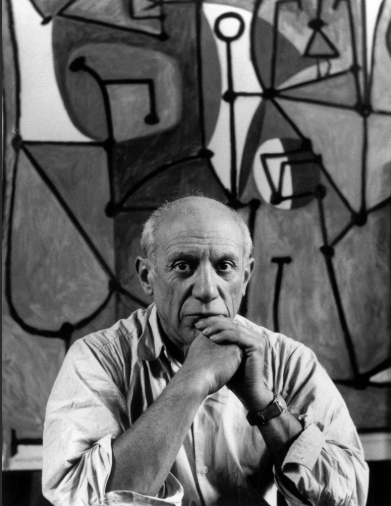
Pablo Picasso passed away in 1973 without a will, leaving behind a large estate of artworks, properties, cash, and gold for seven potential beneficiaries. The division of his estate took six years and cost over $30 million due to legal complexities, including disputes over artwork authenticity and name rights, with involvement from the French President.
To address ongoing issues, Picasso's son Claude founded The Picasso Administration, which manages global licensing, merchandise, and the protection of Picasso's work. This case highlights the chaos that can result from not having a will.
Witney

Whitney Houston's estate was planned through a will created in 1993, establishing a testamentary trust for her daughter, Bobbi Kristina Brown. The trust outlined the distribution of assets at specific ages: 21, 25, and 30.
Bobbi Kristina inherited some of the estate but passed away in 2015 at age 22, before receiving the entire inheritance.
The will specified that if Bobbi Kristina died unmarried, childless, and without a will, the remaining estate would go to Houston's mother, Cissy, and her two brothers. Houston's ex-husband, Bobby Brown, was excluded due to their divorce.
Whitney Houston's estate planning could have been improved by creating a living trust instead of a testamentary trust. A living trust avoids probate and remains private, whereas a testamentary trust becomes public.
Prince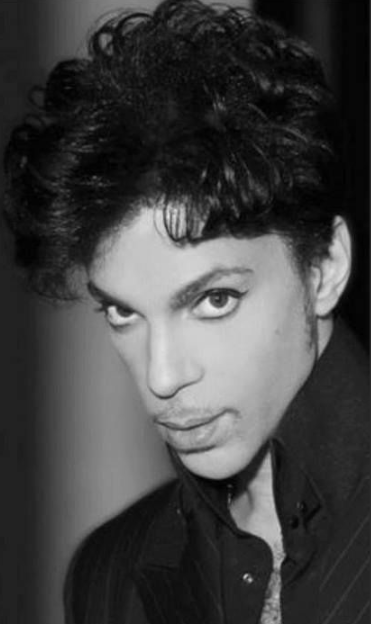 The Purple One’s death triggered a probate battle, as Prince left no will and had no direct next-of-kin. Relatives can claim his $300 million fortune, Paisley Park mansion, and music catalogue. Many alleged 'family members' have emerged to claim a share. Recently, a judge dismissed 29 false claims, limiting potential beneficiaries to Prince’s sister, five half-siblings, and possibly a niece and grand-niece, ordering DNA tests to verify their connections. This process is expected to take some time.
The Purple One’s death triggered a probate battle, as Prince left no will and had no direct next-of-kin. Relatives can claim his $300 million fortune, Paisley Park mansion, and music catalogue. Many alleged 'family members' have emerged to claim a share. Recently, a judge dismissed 29 false claims, limiting potential beneficiaries to Prince’s sister, five half-siblings, and possibly a niece and grand-niece, ordering DNA tests to verify their connections. This process is expected to take some time.
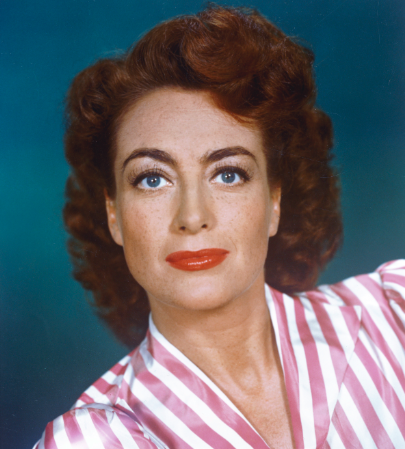 Screen icon Joan Crawford died in 1977, leaving a controversial will that disinherited her two older children, Christina and Christopher, from her $2 million estate. They claimed their younger sister, Cathy, and her husband manipulated Crawford, leading to a lawsuit for their share. Ultimately, they received a mere $55,000. Christina later authored “Mommie Dearest,” a tell-all that painted Crawford as a sadistic figure.
Screen icon Joan Crawford died in 1977, leaving a controversial will that disinherited her two older children, Christina and Christopher, from her $2 million estate. They claimed their younger sister, Cathy, and her husband manipulated Crawford, leading to a lawsuit for their share. Ultimately, they received a mere $55,000. Christina later authored “Mommie Dearest,” a tell-all that painted Crawford as a sadistic figure.
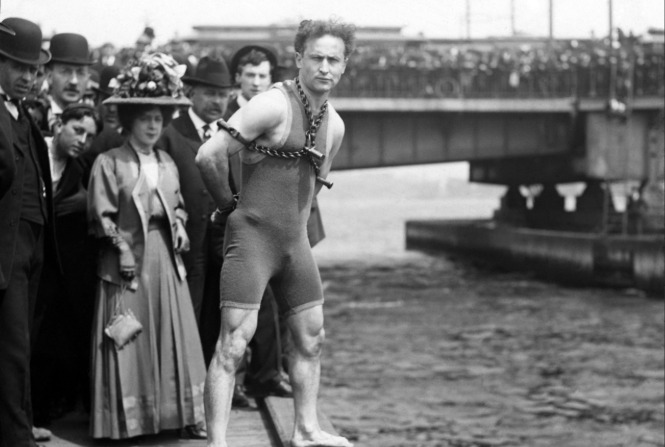 Harry Houdini, the famed magician and escape artist, died on Halloween in 1926, leaving behind a supernatural request in his will. He wanted his wife, Beatrice, to conduct yearly séances to try to contact him from beyond the grave, providing her with a unique 10-digit code as proof of his presence. Beatrice honoured his wishes and held annual séances for 10 years, but sadly, Houdini never appeared.
Harry Houdini, the famed magician and escape artist, died on Halloween in 1926, leaving behind a supernatural request in his will. He wanted his wife, Beatrice, to conduct yearly séances to try to contact him from beyond the grave, providing her with a unique 10-digit code as proof of his presence. Beatrice honoured his wishes and held annual séances for 10 years, but sadly, Houdini never appeared.
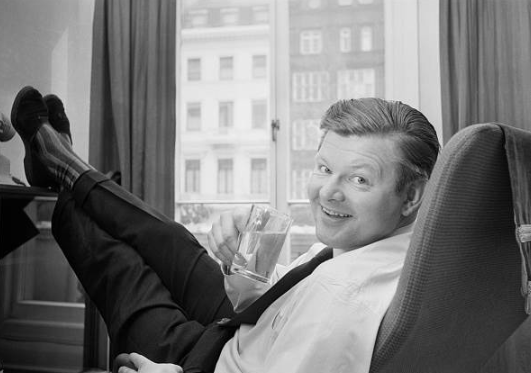 Benny Hill’s end-of-life planning highlighted critical oversights. His original 1961 will left most of his estate to his deceased parents, resulting in distant relatives benefiting instead of his close colleagues and friends. This disconnect sparked lengthy disputes, emphasising the need for updated legacy plans that reflect true relationships. Rumours of an informal will listing his long-term professional “family,” including Hill’s Angels, added to the controversy. Personal assurances made to friends evaporated without legal backing, leaving them entangled in bureaucratic challenges. Hill's case serves as a cautionary tale: neglecting estate planning details can damage cherished relationships, creating discord that overshadows a celebrated life. Ultimately, it reinforces the importance of clear final wishes.
Benny Hill’s end-of-life planning highlighted critical oversights. His original 1961 will left most of his estate to his deceased parents, resulting in distant relatives benefiting instead of his close colleagues and friends. This disconnect sparked lengthy disputes, emphasising the need for updated legacy plans that reflect true relationships. Rumours of an informal will listing his long-term professional “family,” including Hill’s Angels, added to the controversy. Personal assurances made to friends evaporated without legal backing, leaving them entangled in bureaucratic challenges. Hill's case serves as a cautionary tale: neglecting estate planning details can damage cherished relationships, creating discord that overshadows a celebrated life. Ultimately, it reinforces the importance of clear final wishes.
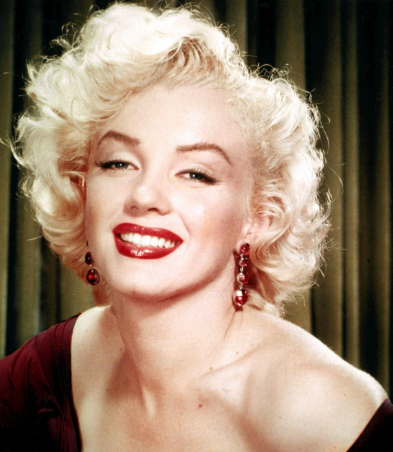 Marilyn Monroe left her belongings to her acting coach, Lee Strasberg, in her will, intending to share them among friends and loved ones. Instead, Strasberg kept the items, which increased in value until his death in 1982. The estate then went to his wife, Anna, who made $13.4 million from a 1999 Christie’s auction. Notable sales included the JFK Happy Birthday gown for $1 million and Monroe’s baby grand piano, purchased by Mariah Carey for $600,000.
Marilyn Monroe left her belongings to her acting coach, Lee Strasberg, in her will, intending to share them among friends and loved ones. Instead, Strasberg kept the items, which increased in value until his death in 1982. The estate then went to his wife, Anna, who made $13.4 million from a 1999 Christie’s auction. Notable sales included the JFK Happy Birthday gown for $1 million and Monroe’s baby grand piano, purchased by Mariah Carey for $600,000.
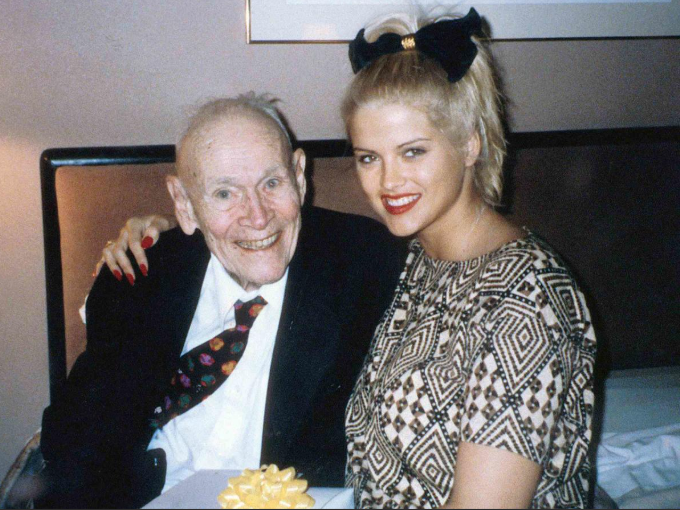 Oil magnate J. Howard Marshall II made headlines when he married Playboy Playmate Anna-Nicole Smith, 62 years his junior, just 14 months before his death in 1995. His will favoured his youngest son, E. Pierce, leaving nothing for Smith or his eldest son, J. Howard Marshall III. Smith and Marshall III filed multiple lawsuits to contest the will, reaching the US Supreme Court. Following Smith's death in 2007, their legal battles continued, but ultimately, E. Pierce retained most of the estate.
Oil magnate J. Howard Marshall II made headlines when he married Playboy Playmate Anna-Nicole Smith, 62 years his junior, just 14 months before his death in 1995. His will favoured his youngest son, E. Pierce, leaving nothing for Smith or his eldest son, J. Howard Marshall III. Smith and Marshall III filed multiple lawsuits to contest the will, reaching the US Supreme Court. Following Smith's death in 2007, their legal battles continued, but ultimately, E. Pierce retained most of the estate.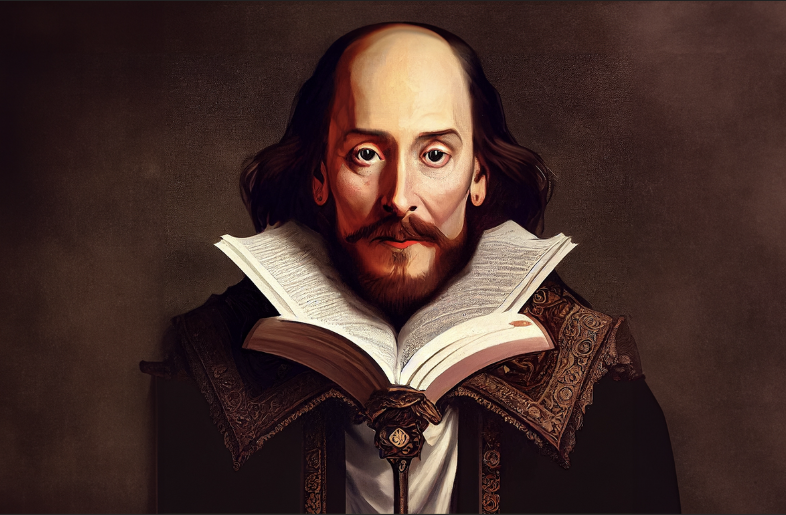 William Shakespeare accumulated significant wealth during his career and was quite rich by his death in April 1616. His will, drafted a month before he passed, generously provided for his children and family. However, his wife, Anne Hathaway, received only his “second-best” bed. Despite this, beds were valuable at the time, and she was entitled to a third of his estate under English law.
William Shakespeare accumulated significant wealth during his career and was quite rich by his death in April 1616. His will, drafted a month before he passed, generously provided for his children and family. However, his wife, Anne Hathaway, received only his “second-best” bed. Despite this, beds were valuable at the time, and she was entitled to a third of his estate under English law.


